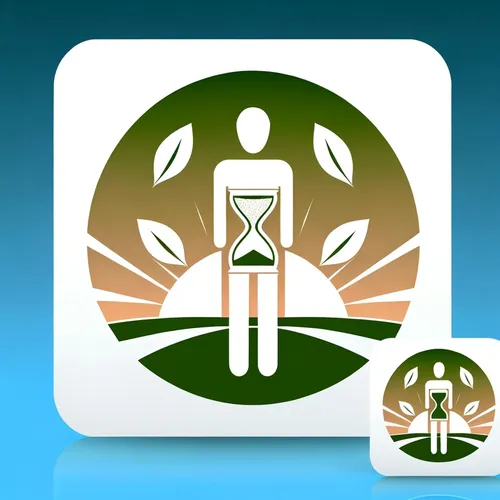Mindfulness Mastery: Unlock Inner Peace and Mental Clarity in Our Distracted Digital World
- Author
- Quiet. Please
- Published
- Sat 09 Aug 2025
- Episode Link
- https://www.spreaker.com/episode/mindfulness-mastery-unlock-inner-peace-and-mental-clarity-in-our-distracted-digital-world--67313951
Live in the moment—three simple words that have become the cornerstone of mindfulness, a practice celebrated worldwide for its profound impact on mental and emotional well-being. Mindfulness means tuning into the present, letting go of regrets about the past and worries about the future. It’s not just a trend but is increasingly backed by science and embraced by people trying to thrive in our fast-paced, technology-driven world.
Recently, Dr. Jon Kabat-Zinn—the pioneer behind Mindfulness-Based Stress Reduction—addressed how living in the moment can build resilience and support health, echoing findings from research at Washington University in St. Louis that show mindfulness techniques help calm anxiety and sharpen focus. Resh Gupta of their Mindfulness Science and Practice research cluster describes how simply paying close attention to the present moment can ease anxiety, a sentiment echoed by millions who practice daily meditation.
A 2025 Meditation Practice Report reveals that over half of practitioners meditate every day, most in the morning, citing "not enough time" and "too many distractions" as chief barriers. Listeners, we live in a world where endless notifications and digital demands threaten our attention spans—yet more than ever, people yearn for peace by cultivating mindfulness. Experts like Dr. Paula Robertson suggest setting intentional daily practices instead of rigid resolutions, letting self-compassion replace judgment.
The mental health benefits are clear. According to the American Psychological Association, mindfulness boosts emotional regulation, self-control, and mental clarity. Studies indicate lower rates of anxiety and depression, better working memory, and even strengthened immune function. Neuroscientific findings show these practices can reshape our brains, enhancing attentional skills and cognitive flexibility.
Guided meditations offer a simple entry. Start by sitting quietly for just a few minutes, focusing on your breath. When a thought arises, notice it without judgment and gently return your attention to the breath. For many experts, this daily pause can be transformative.
The challenge of staying present is real. Multitasking and digital distractions test even seasoned practitioners. Building mindfulness into everyday life—while doing dishes, walking, or commuting—makes it achievable. Seek out community support or digital reminders if you’re struggling, and remember that mindfulness isn’t a goal but a continual, compassionate return to the present.
Listeners, living in the moment is more than a phrase—it’s an invitation to reclaim your attention, nourish your emotional health, and rediscover peace right now.
